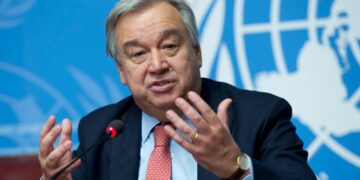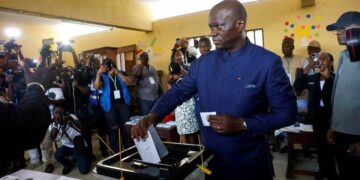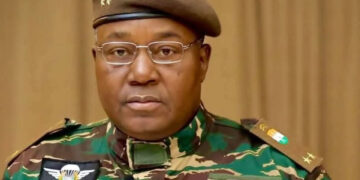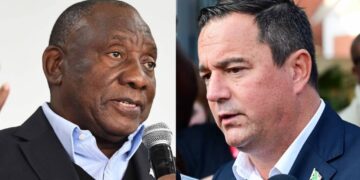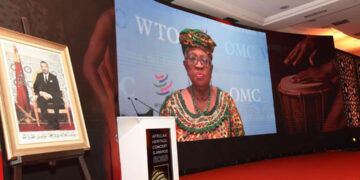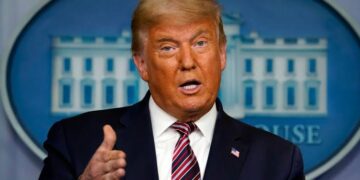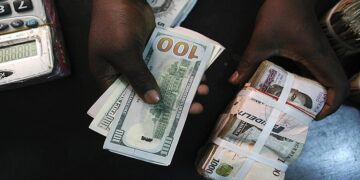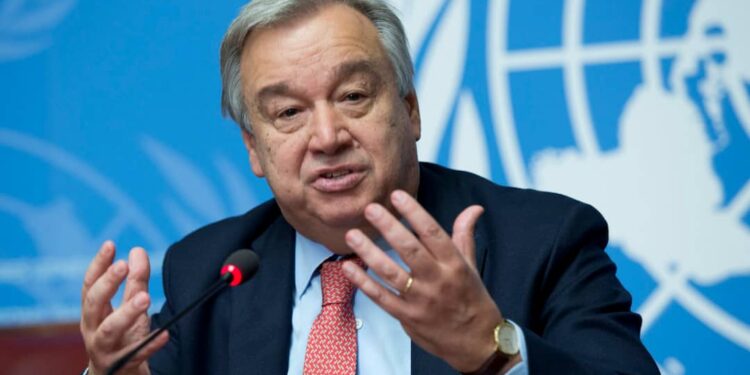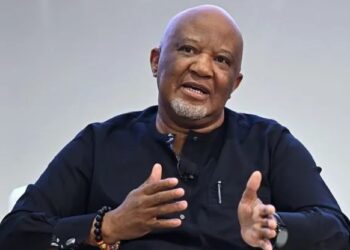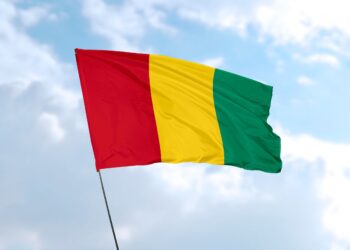By Enyichukwu Enemanna
The United Nations rights body has raised alarm that increasing violence and political instability in South Sudan are seriously threatening its fragile peace process, a warning that comes days after the arrests of several officials loyal to the country’s Vice President, Riek Machar.
“We are witnessing an alarming regression that could erase years of hard-won progress. Rather than fuelling division and conflict, leaders must urgently refocus on the peace process, uphold the human rights of South Sudanese citizens, and ensure a smooth transition to democracy,” Yasmin Sooka, chairperson of the UN Commission on Human Rights in South Sudan, said in a statement.
Security forces loyal to President Salva Kiir arrested two ministers and several senior military officials loyal to Machar.
The arrests have raised concerns about the future of a peace deal reached in 2018, which ended a five-year civil war between forces loyal to Kiir and Machar, leading to the deaths of about 400,000 people.
The arrests followed heavy clashes in recent weeks in the strategic northern town of Nasir between state security forces and the White Army militia, a loosely organised group mostly from the Nuer, the ethnic nationality of the Vice President.
Government spokesperson Michael Makuei said the arrests were made because Machar’s loyalists in government were in “conflict with the law”.
He has accused forces loyal to Machar of collaborating with the White Army and attacking a military facility near Nasir town on 4 March. Machar’s party has denied the accusations.
On Saturday, the National Security Services intelligence agency said it had arrested and detained several people “believed to have verified links to the military confrontation” in Nasir and another nearby town. It did not give the total number of arrests or their identities.
According to government sources, a general and dozens of soldiers were killed when a UN helicopter trying to evacuate them from Nasir came under attack on Friday.
Since its creation in 2011, the world’s youngest country has been mired in deadly clashes, leading to the 2018 peace deal.
Kiir had last year announced the postponement of a delayed election until 2026, citing the need for a new constitution and electoral logistics.
